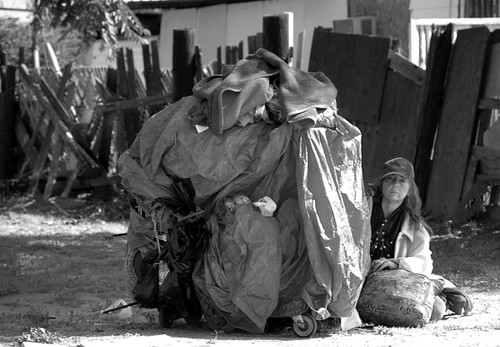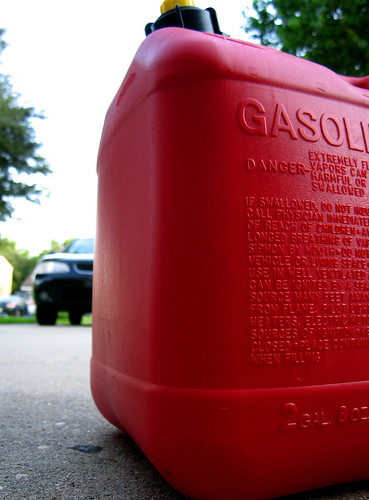 It will come as a shock to most Americans and the media, but as the election reaches a crescendo on the issue of preparedness and energy, neither presidential candidate - nor anyone in local, state or federal government - has developed a contingency plan in the event of a protracted oil cut-off. It is not even being discussed. Government has prepared for hurricanes, anthrax, terrorism and every other disaster, but not the one threatened daily - a protracted oil stoppage, whether caused by terrorism, intervention in the Persian Gulf or a natural disaster.
It will come as a shock to most Americans and the media, but as the election reaches a crescendo on the issue of preparedness and energy, neither presidential candidate - nor anyone in local, state or federal government - has developed a contingency plan in the event of a protracted oil cut-off. It is not even being discussed. Government has prepared for hurricanes, anthrax, terrorism and every other disaster, but not the one threatened daily - a protracted oil stoppage, whether caused by terrorism, intervention in the Persian Gulf or a natural disaster.It is like seeing a hurricane developing without a disaster plan or evacuation route. Our allies have oil shortage interruption contingency plans, but America does not.
THE BEST experts predict that if we suffer as much as 10% for any period of time, let alone 20%, it will be a neighbor-against-neighbor "Mad Max" scenario as food shortages swell and a storm of economic collapse surges across the country. Indeed, experts have been warning about this looming calamity for years. But the government and presidential candidates refuse to even consider the possibility or develop a contingency plan.
Yet our allies have developed oil contingency legislation and other administrative plans that will permit their nations to survive a stoppage. These measures include severe vehicle traffic reductions, enabling fast alternative fuel production and mass vehicle retrofitting, as well as rush public transit enhancement, and mandated changes in driving habits. Unquestionably, for America to survive such a catastrophe will require a very painful, multilayered program of immediate-term, short-term, mid-term and long-term fixes that will change our society and transform it off oil. The nation has no real alternative fuel or retrofitting infrastructure. But every lawmaker, mayor, governor and every candidate must develop such a plan - and now.
When the oil stops flowing in the Jerusalem Post.














